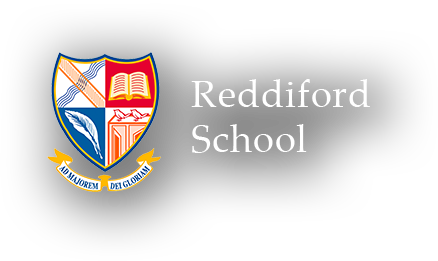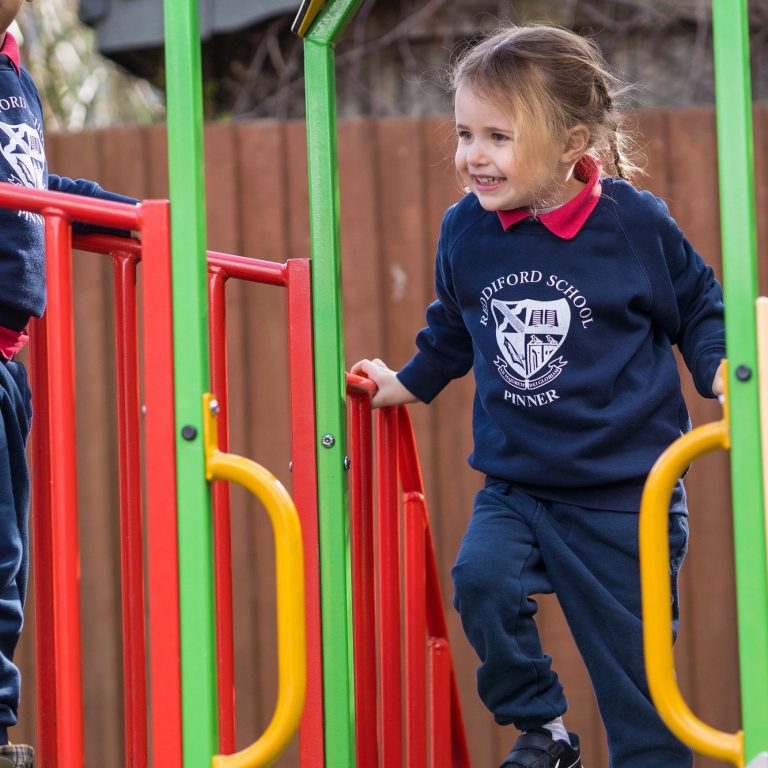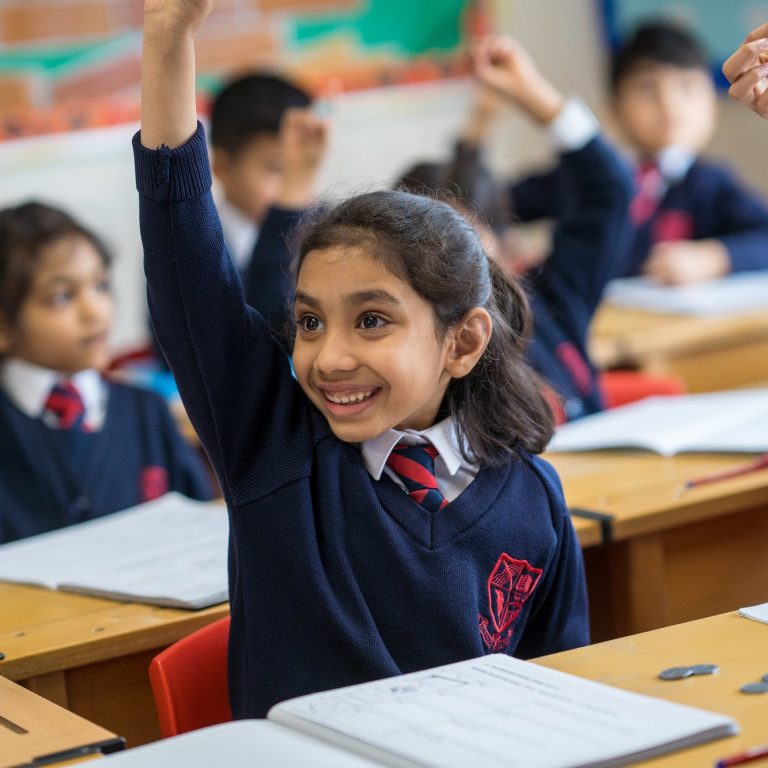Reception Curriculum
Personal, Social and Emotional Development (PSED)
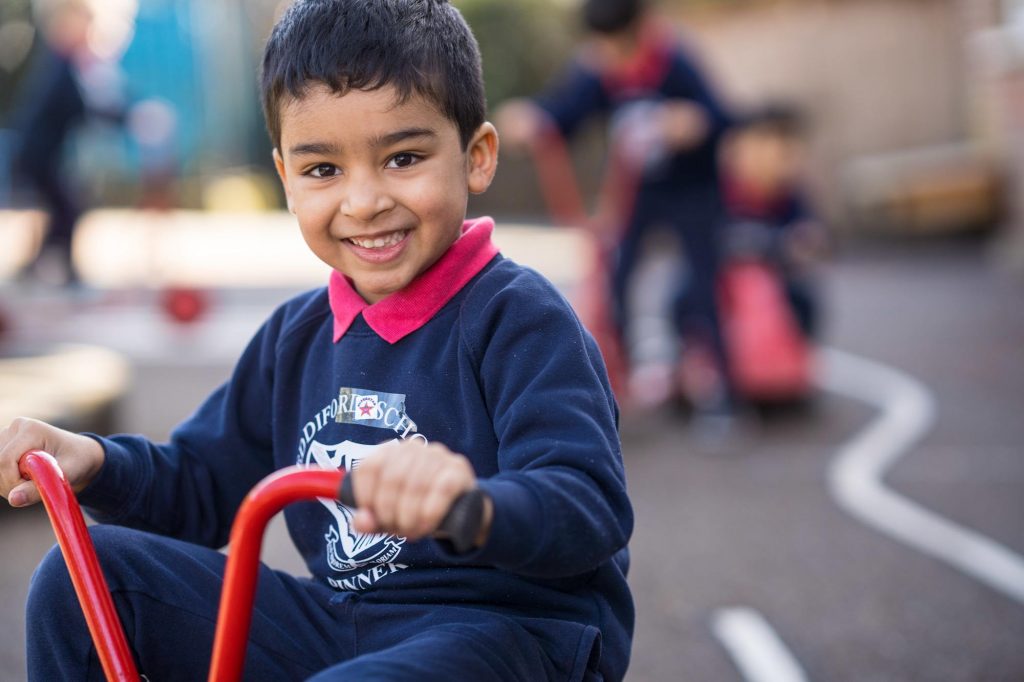
Personal, Social and Emotional Development (PSED)
The children are supported in their ability to make relationships, manage their feelings and behaviour and develop their self confidence and self-esteem. Children will learn together in an environment that supports them holistically. Your child’s teacher will support all aspects of this area through play, discussion and by being good role models themselves. Children will learn to resolve conflicts, be assertive and have the confidence to follow their talents. As well as becoming resilient young people, your child will be supported in making positive relationships with their peers and adults within the school. These outcomes focus on children learning how to work, play, co-operate with others and function in a group beyond the family. They cover important aspects of personal, social, moral and spiritual development including the development of personal values and an understanding of themselves and of others.
Physical Development (PD)
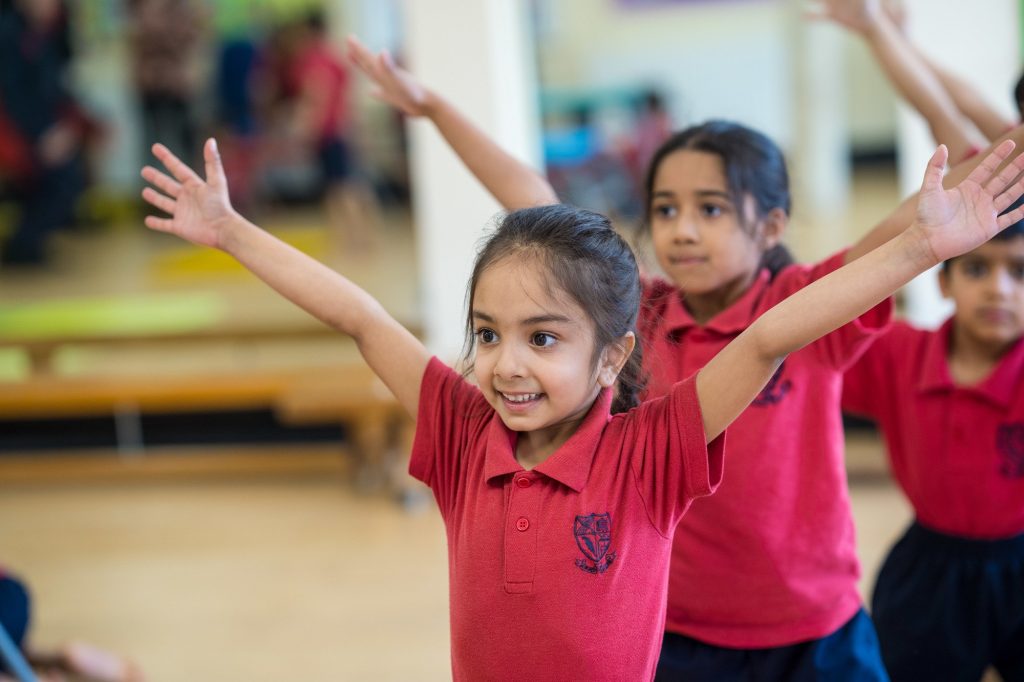
Physical Development (PD)
Moving and Handling covers both large and fine motor skills. Your child will receive weekly specialist Physical Education (PE) lessons, supporting their ever-developing large motor skills. We aim to inspire children to enjoy physical activity, something that is extremely important to life-long well-being.
Fine motor skills include the ability to use tools, write, and fasten zips and buttons. Whilst with their teacher your child will take part in various activities to promote these skills.
Your child will also learn how to be safe and healthy. Children will discover the importance and health benefits of food, exercise and sleep as well as how to support themselves independently with dressing and taking care of their personal and oral hygiene.
Communication and Language (C&L)
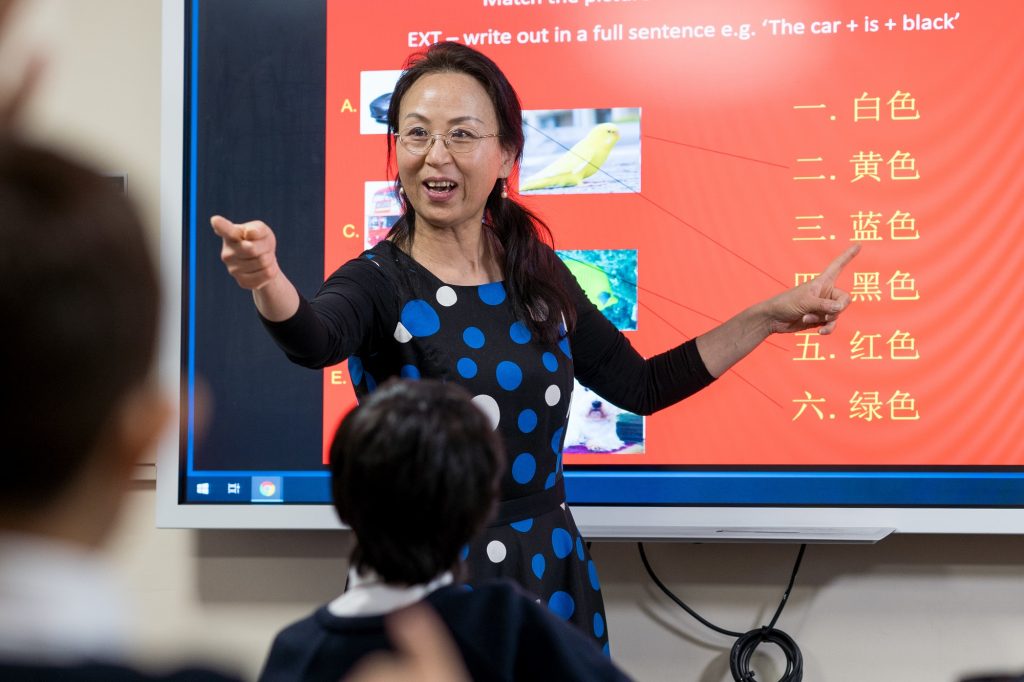
Communication and Language (C&L)
Speaking, Understanding, Listening and Attention make up this area of development.
At Reddiford, the children will be developing and learning in a language rich environment with teachers modelling and teaching language through play. The children participate in small group, class and one-to-one discussions, offering their own ideas, using recently introduced vocabulary. They are express their ideas and feelings about their experiences using full sentences, including use of past, present and future tenses and making use of conjunctions, with modelling and support from their teacher.
French is taught from reception to Year 6 and Latin is taught in Year 4 and Year 6.
Literacy
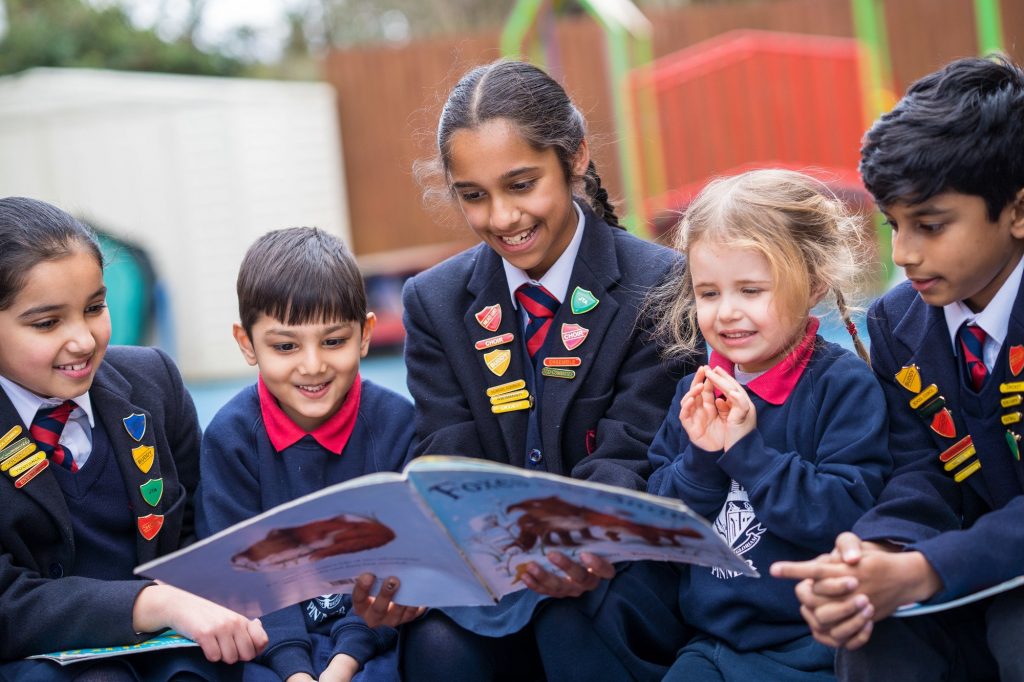
Literacy
In Reception the children learn their letters and sounds using Jolly Phonics, digraphs and trigraphs are also practised. They are taught to blend sounds into words to read. By the end of Reception they are expected to read and write simple sentences using some common exception (tricky) words. They are encouraged to re-read what they have written to check that it makes sense and to start adding adjectives to make their sentences more interesting. They demonstrate understanding of what has been read to them by retelling stories and narratives using their own words and recently introduced vocabulary.
The Reddiford Cursive script is taught in Reception and they learn to form a letter a week which they practise in their handwriting books. The children are taught their lower-case letters with both entrance and exit flicks. More able children are encouraged to join up their writing in readiness for Year 1.
Mathematics
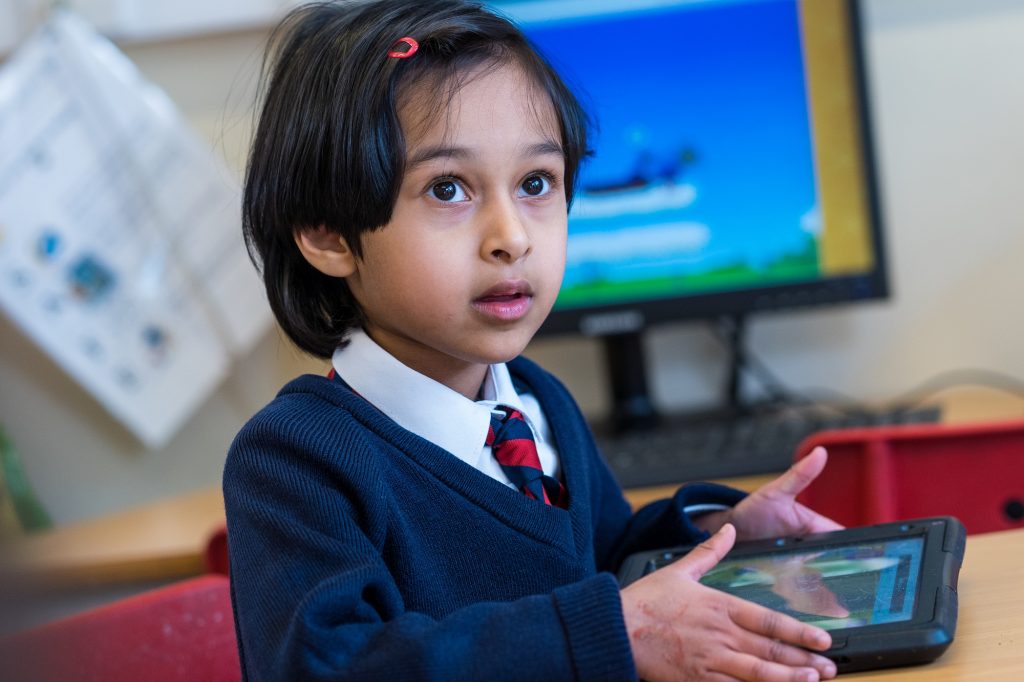
Mathematics
In Reception the children learn to count objects, actions and sounds. They learn to recall number bonds to 10, double and half facts and odd and even numbers. They count in 2’s, 5’s and 10’s. Understand the ‘one more than/one less than’ relationship between consecutive numbers to 20. Name and describe properties of 2D and 3D shapes. They continue, copy and create repeating patterns and compare length, weight and capacity. They use objects and number lines to add and subtract and solve doubling and halving problems using objects.
Understanding the World
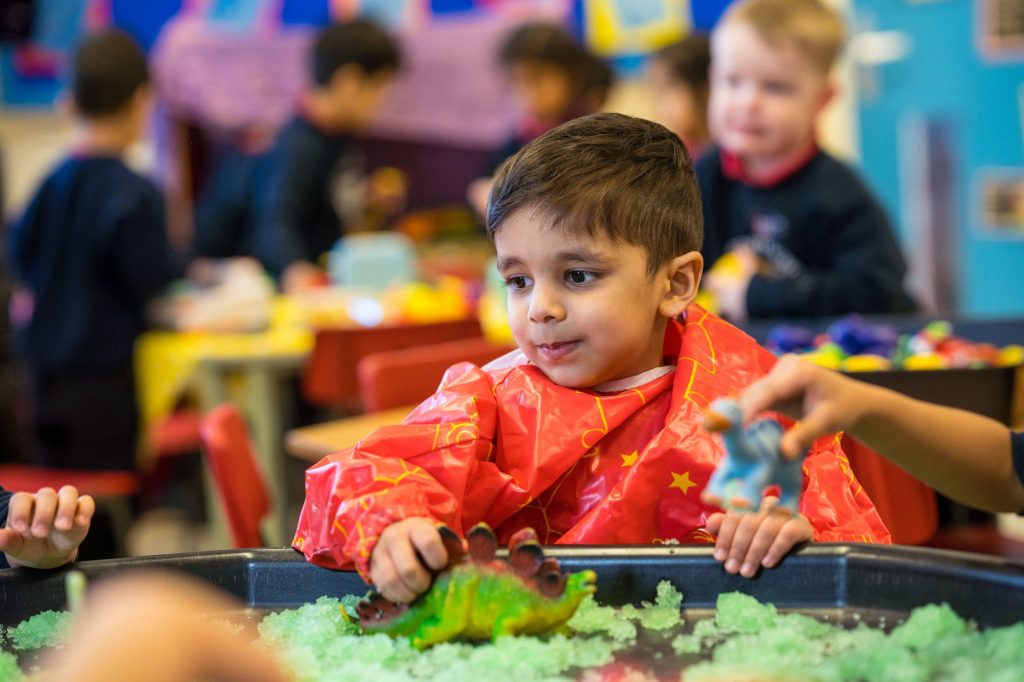
Understanding the World
Understanding the World is about how children get to know about other people, the place they live and all aspects of the environment. It covers Geography, History, RE, Science and ICT.
The children are encouraged to talk about members of their immediate family and community. They name and describe people who are familiar to them, comment on images of familiar situations in the past. They compare and contrast characters from stories, including figures from the past. Draw information from a simple map. Understand that some places are special to members of their community. Recognise that people have different beliefs and celebrate special times in different ways. Recognise some similarities and differences between life in this country and life in other countries. Explore the natural world around them making observations and drawing pictures of plants and animals. Recognise some environments that are different to the one in which they live. Understand the effects of changing seasons and changing states of matter.
In Reception specialist French sessions delivered by a specialist teacher give children access to learning basic French each week. Children learn simple greetings, numbers, animals, colours, songs and rhymes.
Weekly ICT lessons introduce the children to computing, controlling the mouse, learning basic keyboard skills and using different packages to access cross curricular games.
Expressive Arts and Design
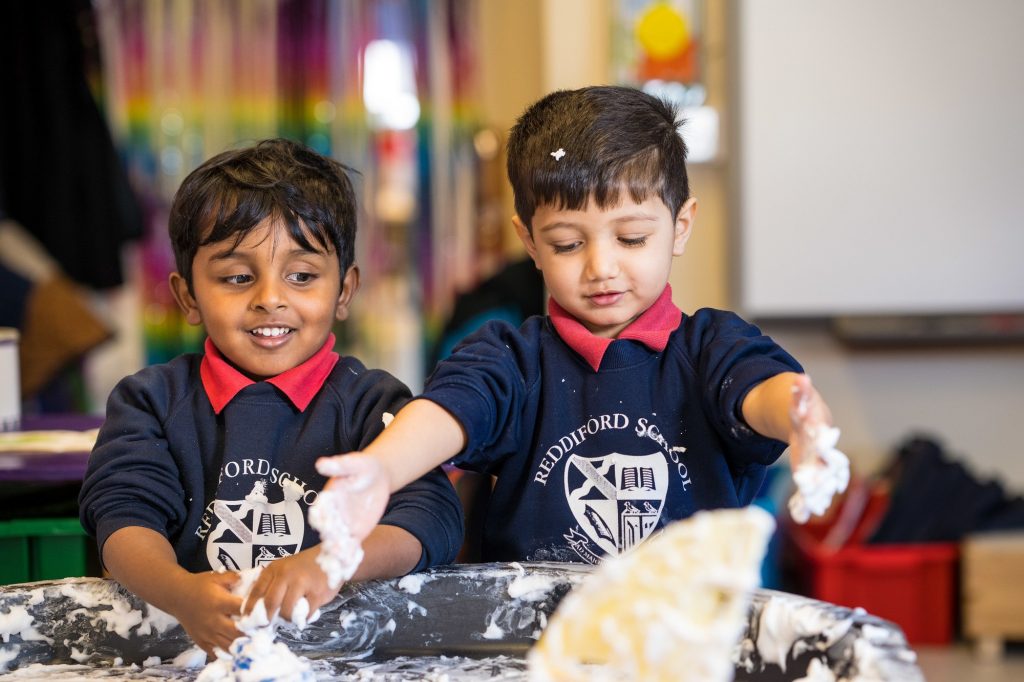
Expressive Arts and Design
This area develops the children’s imagination and their ability to communicate and to express ideas and feelings in creative ways. Imaginative play is crucial to allow children to practise and act out what they have learnt and observed. Children will be encouraged through resources to design their own role play with their peers, thus supporting their ability to make relationships. Children will be given lots of opportunities in expressive arts and design. They will learn to explore colour, make their own creations, follow instructions, sing and play instruments in order to express themselves and develop their own personalities.
Specialist music sessions delivered by a dedicated teacher will give children access to music lessons each week. Children learn songs and rhymes, exploring tempo, timbre using percussion instruments, body percussion, learning to keep a steady beat.
ICT and Computing
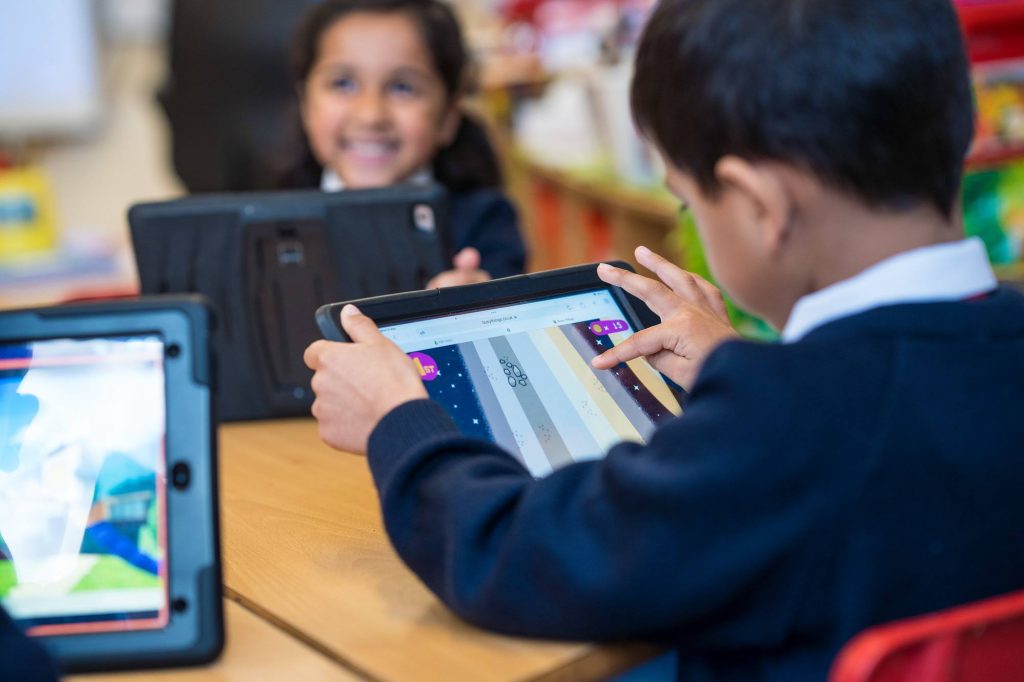
ICT and Computing
At Reddiford ICT and Computing are integral to a child’s educational development and are taught both discreetly and in ICT lessons as part of a creative, dynamic and exciting curriculum in order to prepare our pupils for the future.
ICT and computing adds a new and exciting dimension to learning and enhances traditional methods of teaching and learning.
Reddiford pupils are equipped with a broad range of skills to prepare them for the future. They are taught coding, how to use software, internet safety, research skills and using the internet responsibly. Internet Safety and Safeguarding is of paramount importance and we have a robust monitoring system of pupil internet access.
Our pupils gain many experiences across the school curriculum and in after school clubs from Pre School to Year 6.
We ensure our ICT equipment is modern and up to date whilst our software is innovative and exciting for our pupils to use. Our pupils also have access to our new state of the art ICT suite, multi award winning interactive screens and interactive white boards in every classroom.
The pupils become competent in a wide range of applications including collaborative exercises and homework, computer coding, animation and video, desktop publishing, data handling, using and mastering graphics and music production.
Throughout the School, there is software appropriate to each age group and their needs, encouraging a dynamic and innovative approach to teaching and learning.
All lessons are taught in the specialist learning hub by an ICT teacher.

